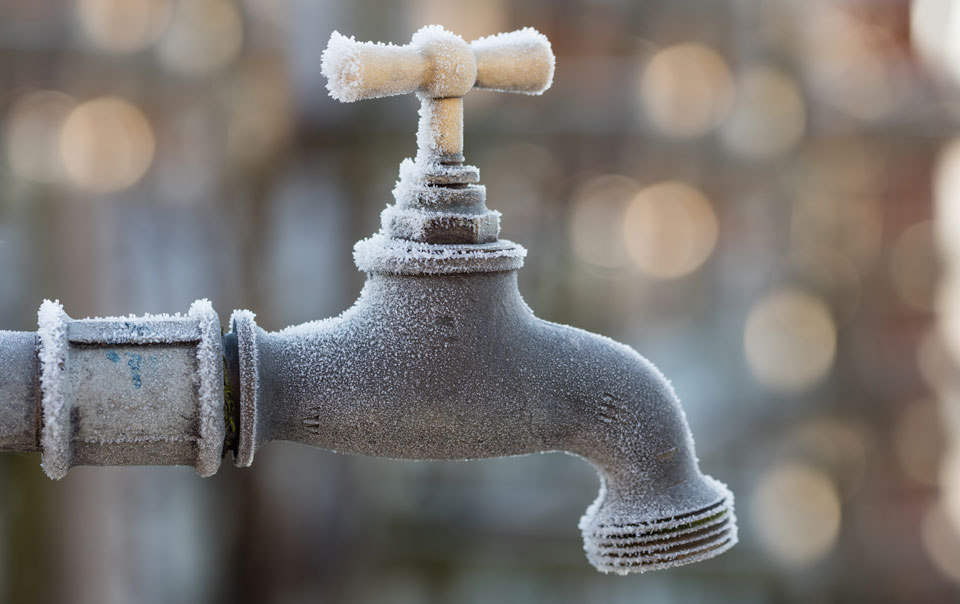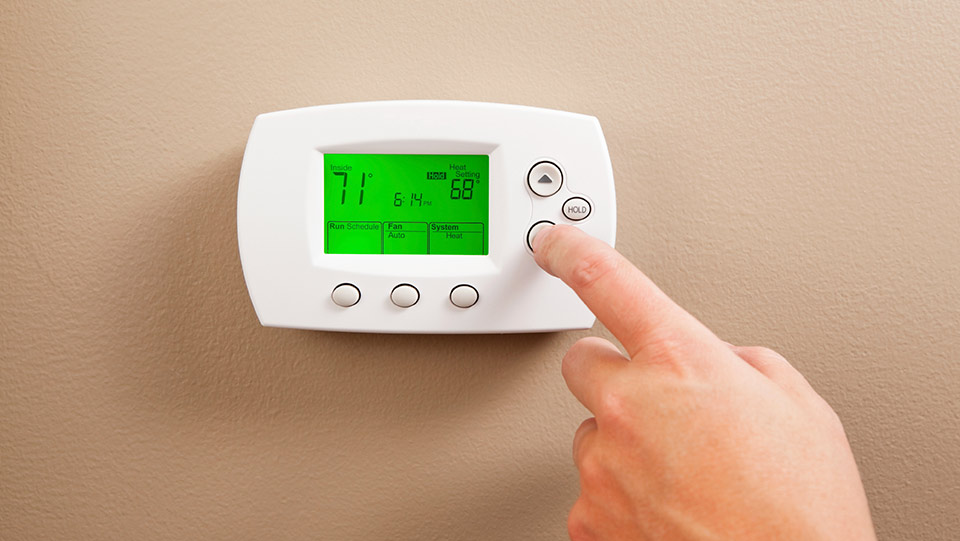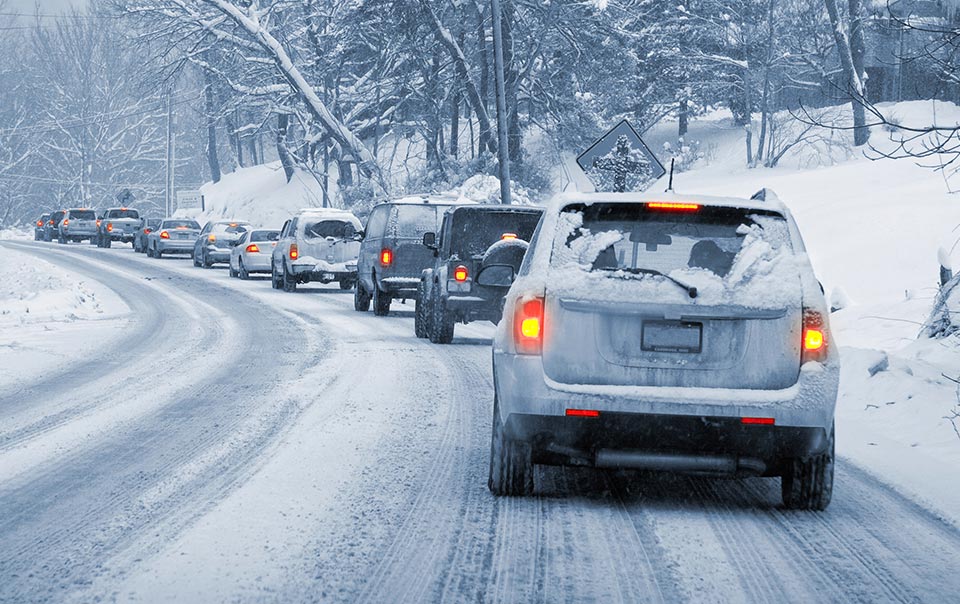Winterize Your Home Water System


If you are a homeowner, or perhaps rent a home in which you are responsible for a certain level of maintenance, it is critical to winterize your home’s water system before the temperature drops to help ensure a winter season free from frozen pipes and potential water damage.
As water freezes, it expands, which can cause your pipes to burst or damage your plumbing systems, fixtures and appliances. The following tips will allow you to help safeguard your water pipes against freezing weather, plus quickly turn off your water system in the event a pipe bursts inside your home. If you do not understand how your water system is set up, a licensed plumber can help you identify what you need to know to prepare for winter.
Winterize your pipes and outside faucets1
- Insulate pipes that provide water throughout the house but pass through unheated areas, such as garages, basements and attics, to help prevent freezing.
- Install UL-listed heat tape on interior metal water pipes located against the exterior wall to help keep the water in the pipes from freezing.
- Set thermostats to 55°F or above, especially if you plan to leave for a day or longer.
- If your home is not equipped with frost-free spigots, you will need to prevent the water in the outside faucets from freezing by doing one of the following:
- Drain the water in the faucet by closing the interior valve of the water line dedicated to this spigot, then turning on the outside spigot, which will remove the water from the interior valve to the spigot. If you are unsure how to do this correctly, contact a licensed plumber.
- Install an insulated cover over the exterior spigot – these are available at most home goods stores. This approach is suggested only where moderately freezing temperatures are infrequent and shorter duration.
- If your pipes should freeze, never try to thaw them with an open flame or torch.
If the temperature routinely drops below freezing during the winter months, winterizing your home can help prevent potential disasters and keep your home and possessions safe.
If you are a snowbird or leave your home for long periods of time during winter months, check out our article on winterizing a vacant home.



